Step 5: Assigning Ability Scores
In Baldur's Gate III, and Dungeons and Dragons at large, your Abilities are your attributes. Whether you muscle through your problems with Strength, or outsmart your foes with unparalleled Intelligence, Abilities are the main stats that tend to influence the other, lesser numerical traits of one's character. They are the primary source for bonuses to one's rolls, outside of Proficiencies; when you need to break down a door, for example, the game will look at your Strength modifier and add that number to your roll. If you're really low in that particular stat the modifier may even be a negative, so consider avoiding actions relying on your worst Abilities!
You have six Ability scores in the game to manage, and they all have their benefits. Each class is drawn to a set of Abilities as being the "ideal" ones to play with, with one or two often being left underdeveloped as you progress through the game. In Dungeons and Dragons, an Ability score of 10 or 11 in each stat is considered the "average" for a typical human. We're not your typical human, however - and possibly not even human at all - so we get to be even better than that! The floor for one's scores is 8, and they max out at 20. For every two points you have higher than this 10 "baseline", you acquire a +1 modifier for skill checks, damage and the like: 12 is a +1, 14 is a +2, 16 is a +3, and so on. It's important to remember that odd numbers don't give you much...except to get you closer to the next even number. You can permanently increase your stats later in the game with Feats, but for right now, you should try to make all of your scores even-numbered with one exception: your best stat starting out can be a 17, which is a good idea if you want to pump up that particular score as high as possible later on.
Table of Contents
The six Ability scores are as follows, with a brief in-game description provided by Larian:
Strength - "Muscles and physical power." If you want to inflict major damage with your melee weapon, carry heavy objects, or leap great distances, Strength is what you want.
Dexterity - "Agility, reflexes, and balance." Dexterity affects your ability with ranged weapons such as bows, "finesse" weapons like daggers, your Initiative (how fast you act in battle), and your Armor Class (your ability to avoid getting hit).
Constitution - "Stamina and physical endurance." Constitution is namely about one's health, adding your modifier directly to your Hit Point total every time you level. If you want to live (and who doesn't), maybe don't neglect this stat.
Intelligence - "Memory and mental power." Wizards utilize their Intelligence for spellcasting. It also affects many skills related to your knowledge of history, places or people, and the workings of the world.
Wisdom - "Senses and intuition." Clerics, Druids, and Rangers need a solid Wisdom score for their spells. Monks can use it as well. Also affects several skills such as Insight or Perception; invaluable for those who wish to be observant.
Charisma - "Force of personality." Bards, Paladins, Sorcerers, and Warlocks rely on their Charisma for spells. Being a charismatic person is how you get others to open up, gather information, and make new friends along the way.
Your initial Ability scores in Baldur's Gate III are determined through two things: a "point-buy" system where you allocate a certain amount of points to your scores directly until you run out, and the bonuses you gain from being a specific class. As alluded to in a previous section, those familiar with Dungeons and Dragons must remember that the stat bonuses are not tied to your race anymore, but rather the class itself in a manner that makes the most gameplay sense. Barbarians have a bonus to Strength and Constitution, for example, regardless of their race. They want to hit things hard and withstand a lot of damage, so that checks out! On the other hand, they probably are of the "punch first, ask questions while punching" variety of individual, so having a low Intelligence and/or Charisma is probably expected of them. That's not set in stone, of course, so if you want to play a Barbarian of learning and culture, that's totally up to you.
General Tips
Every character will be different, of course, having to take into account their class and the goals they set out to achieve - whether in combat or not. That being said, there are a couple basic ideas to keep in mind to help you be the best (insert class here) you can be:
- Your most important stat really should be a +3 modifier starting out (so 16 or 17), with the intent to make it even higher later. Jack-of-all-trades have their place, but spreading yourself too thin means you won't be doing much of anything particularly well.
- Embrace your flaws! Not every character needs to maintain a +0 or better in every stat; some will have that 8 with a -1 modifier. That's okay. We don't recommend having two of them that low, but you can usually roleplay your way out of situations that would otherwise require your worst attribute. Plus you have a team of characters to consider, so with the right party balance having an 8 Charisma or an 8 Strength might not be a big deal overall.
- The game is all about playing your own way, so there is no truly wrong answer...except in regards to Constitution. If you have anything less than a 12, you're absolutely "playing it wrong": Hit Points are essential to all characters, and may mean the difference between winning a fight and a Game Over screen. 14 is honestly more preferable, going as high as 16 to start if you're the tank or a frontline combatant who can squeeze it in.
- At least one character in your party should have a solid Charisma. This will be your "face", your talker for dialogue who can persuade friends and foes alike to do what you want. Unless your plan is to kill everyone you meet, do not neglect the art of diplomacy. Bards, Paladins, Sorcerers, and Warlocks already want Charisma for spellcasting purposes, so consider including one on the team.
Quick Examples
A beginner Fighter might look something like this:
- Strength as high as it can go starting out, with a +3 modifier to damage. This will make it easier to hit 18 sooner.
- A Fighter wears heavier armor, so they don't need a high Dex for their AC. +1 for the Initiative roll.
- Solid amount of Hit Points from our Constitution, netting an additional +2 each time we level up.
- The rest are at least high enough to not penalize us, with a slight preference to Wisdom for the Perception checks. A Fighter that doesn't care about the penalties may forgo adding points to Intelligence or Charisma altogether.
On the other hand, a level 1 Sorcerer might have something more like this:
- Sorcerers are spellcasters so they don't care about physical labor, meaning a low Strength.
- They do not wear armor, so they want Dexterity for the Armor Class. Higher Initiative helps, too.
- Being squishy, Sorcerers can use all the Hit Points they can get, so they need Constitution.
- Intelligence and Wisdom are just enough to avoid penalties.
- Charisma is a Sorcerer's primary spellcasting stat, so having it very high is a no-brainer.
Continue Building Your Baldur's Gate III Character
And there you have it: you should be all set for playing your custom character in Baldur's Gate III! If you need to return to a previous section, the links are below:




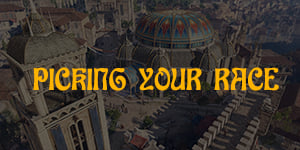
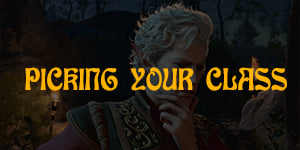

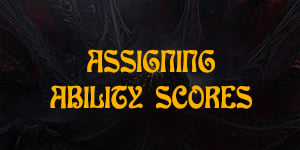
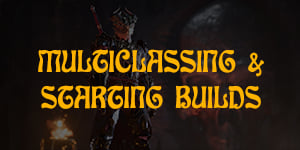
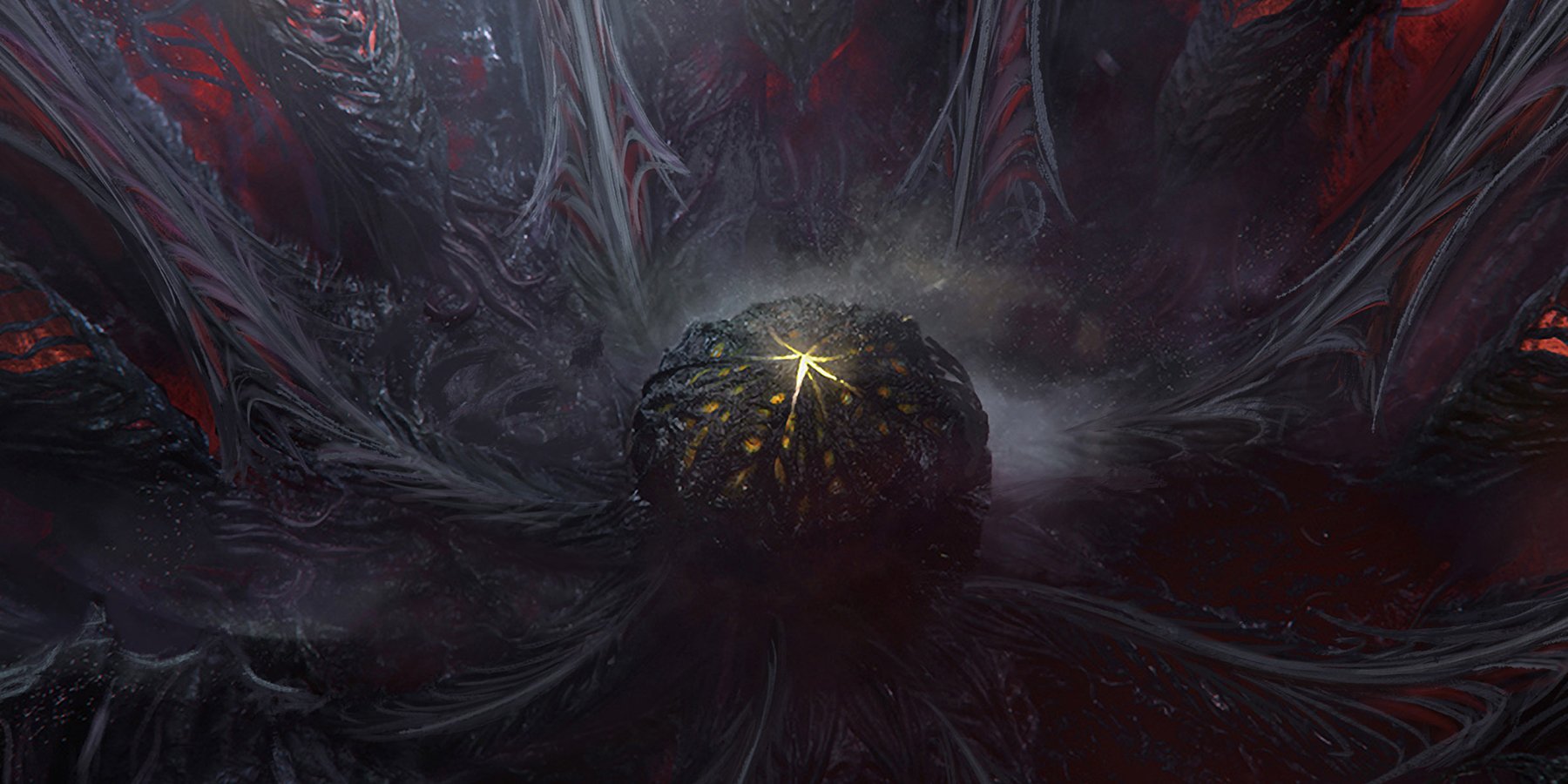


Comments
No Comments Yet. Be the first to create one down below!